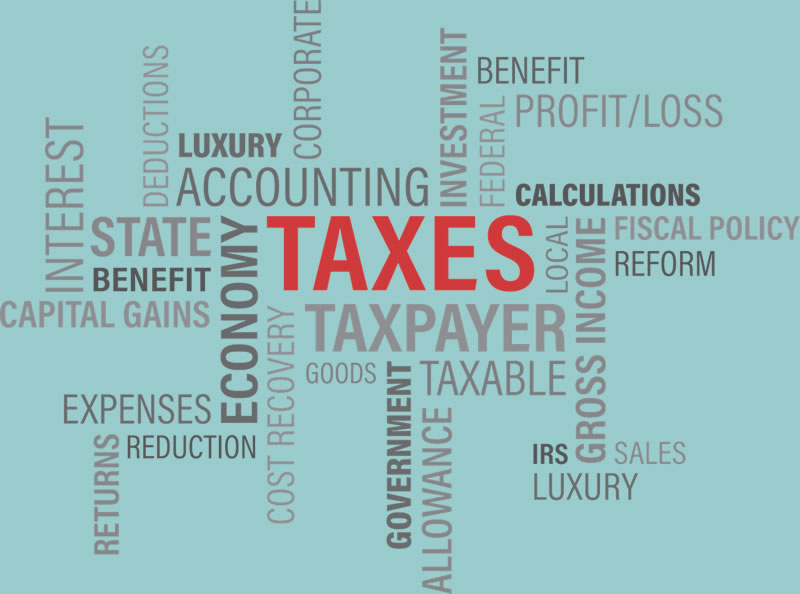
By Andy Brack, editor and publisher | The ghosts of tax reform are rising and slithering through the halls of the Statehouse as lawmakers have been seeking to change how sales, services and income are taxed.
 Unfortunately, the backsliding already has begun. Last week, members of a special House tax policy committee announced with great fanfare that they were taking the bold steps of putting a lot of reform on the table, including a move to get rid of costly special sales tax exemptions that suck billions of dollars from state coffers.
Unfortunately, the backsliding already has begun. Last week, members of a special House tax policy committee announced with great fanfare that they were taking the bold steps of putting a lot of reform on the table, including a move to get rid of costly special sales tax exemptions that suck billions of dollars from state coffers.
By this week, the boldness was gone, a victim of institutional timidity. It’s not surprising because if the past is any reflection of the future, anything changing the tax status quo will be a long, tough slog. Two efforts since 2010 have failed. And even if reform does come, it’s could be two or three years off as proponents will have to spend months to flesh out details and educate recalcitrant lawmakers on what reforms mean.
First, let’s look at what’s still moving forward – income tax reform. Committee members want to change the state’s income tax from a tiered system with rates ranging from 3 percent to 7 percent to a flat rate of 4.85 percent. Making this change would reduce “progressivity” of the tax because everyone would pay the same rate, instead of richer people paying a higher rate. In our tax structure, the progressivity of income tax in theory balances out the “regressivity” of sales taxes (poorer people paying a larger percentage of income for basic goods).
Unfortunately, income tax has become such a mess that about half of filers in the state don’t pay any tax at all, which messes up the originally-envisioned progressivity. We’re told that going to a flat income tax rate wouldn’t tinker too much with dynamics of equity – as long as the sales tax rate goes down too.
But now that’s in question. Originally, the committee called for billions of dollars of sales tax exemptions to be removed and, in turn, to cut the state’s 6 cent sales tax rate in half. Currently, the state exempts more than 80 categories of goods from sales taxes, thanks to decades of successful lobbying by special interests. Right now, you don’t pay sales taxes for electricity, part of your phone bill, medical devices, most groceries, newspapers in stores, farm supplies and on and on.
As of a few years ago, the state exempted $3.1 billion of goods from sales taxes, while receiving $2.8 billion in revenue from sales taxes. A more recent analysis, thanks to economic growth and inflation, shows the state’s top 15 exemptions cause state coffers to lose $3.2 billion a year – from $305 million from a sales tax cap on vehicles and $269 million from fuel for power plants to $519 million for medical devices. There’s even a $34 million exemption every year for wrapping paper, twine, paper bags and containers.
It has been a system long fraught with loopholes, unfairness and inequity. It screams for reform. But state lawmakers now seem to believe they’ve bitten off more than they can chew. They’re recalculating and moving forward, for now, with only the income tax reform.
Reforming how we tax sales and services is vital for the system to work better. We’re losing billions of dollars that could cut the abysmal sales tax rate or invest revenues to better education, improve health care and reduce poverty.
Having one of the highest sales taxes around is an economic disaster. Not only are sales taxes volatile, but they’re subject to whims of the economy. When times get worse, people don’t spend as much and sales tax revenues go down. Doing more to broaden the sales tax base by removing special-interest tax breaks would reduce volatility and let policymakers use the money or cut tax rates or invest.
What House lawmakers offered last week was encouraging. And it would have been fairer to everyone. But now, real tax reform is looking like more of the same. Want to bet that nothing gets done to reform the sales tax system?
- Have a comment? Send it to: feedback@statehousereport.com.


